Pfizer Pushes For Third Shot As Delta Drives Global Outbreaks
Pfizer and BioNTech said they would seek authorization for a third dose of their Covid-19 vaccine to boost its efficacy as the Delta variant drove devastating outbreaks in Asia, including in Thailand where fresh curbs were announced Friday.
With the pandemic once again wreaking havoc, Japan banned fans from most Olympic events and placed Tokyo under a virus state of emergency throughout the Games just two weeks before the opening ceremony.
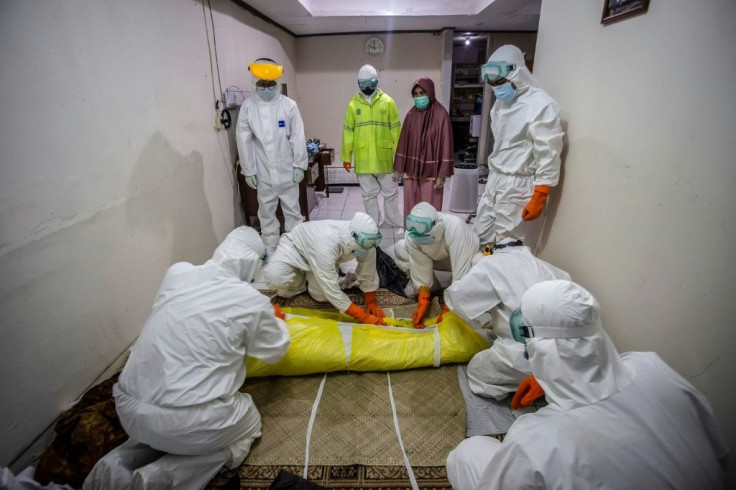
The highly-transmissible Delta variant, first detected in India, is sweeping across the globe as countries race to vaccinate their populations to ward off fresh outbreaks.
Pfizer and BioNTech said Thursday they expected that a third dose will perform well against the strain, and that they would be seeking authorization in the United States, Europe and other regions in coming weeks.

Initial data from an ongoing trial showed a third shot pushed antibody levels five to 10 times higher against the original coronavirus strain and the Beta variant, first detected in South Africa, compared with the first two doses alone, according to a statement.
The companies said they expected similar results for Delta -- but added they were also developing a vaccine specifically tailored to fight the deadly strain.
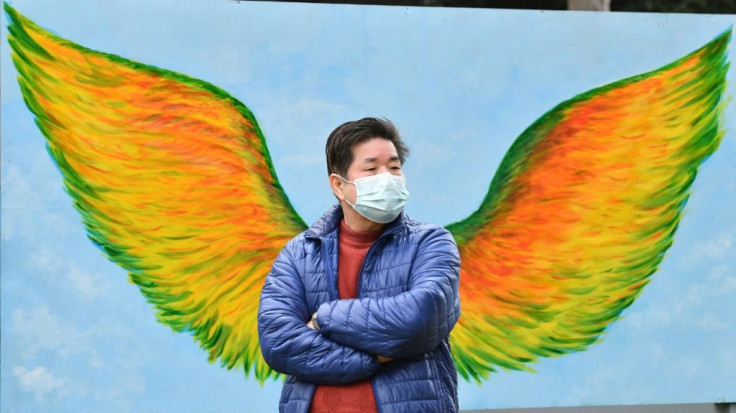
The news came as Thailand battled a fresh outbreak on its shores, forcing authorities to roll out fresh restrictions, including a 9:00 pm to 4:00 am curfew in Bangkok and banning non-essential travel across the country, normally overrun by tourists at this time of year.
"This will support disease control efficiently. Thailand will be victorious," said Apisamai Srirangson, assistant spokeswoman for the government's coronavirus taskforce
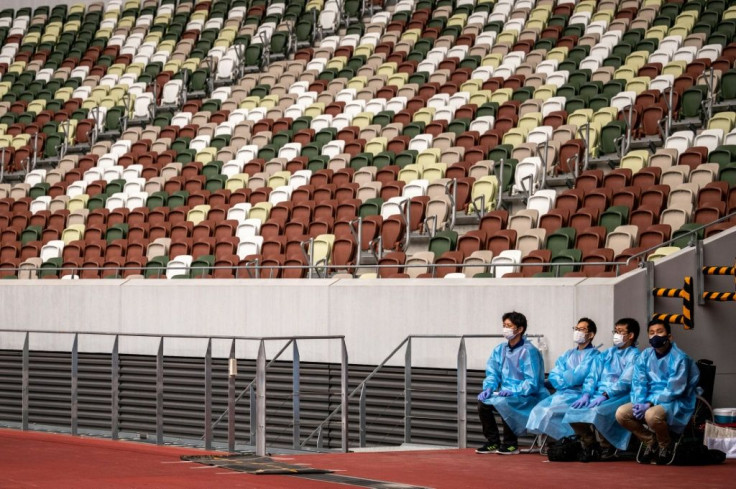
Japan meanwhile grappled with planning for the upcoming Olympic Games, which will be held later this month with no spectators.
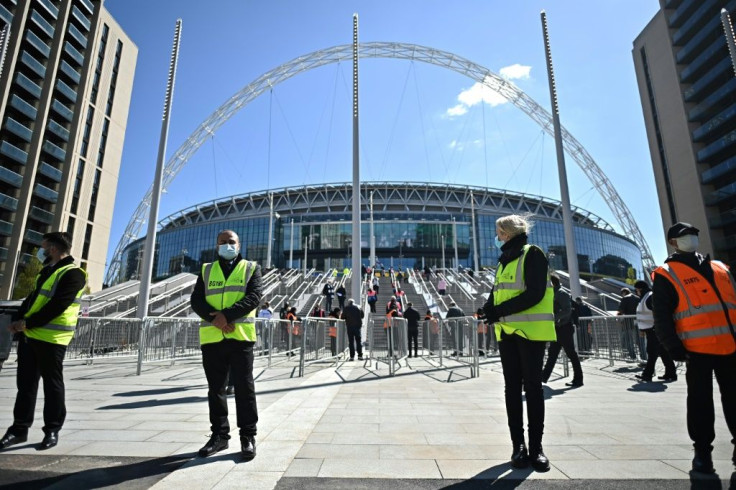
Delta currently accounts for around 30 percent of cases, and officials imposed a new state of emergency on the capital to fight off rising infections.
The Olympic flame arrived in the Japanese capital Friday, in a muted finish to a nationwide torch relay that was supposed to stoke excitement about the Games but which has been taken off public roads or otherwise altered because of virus concerns.
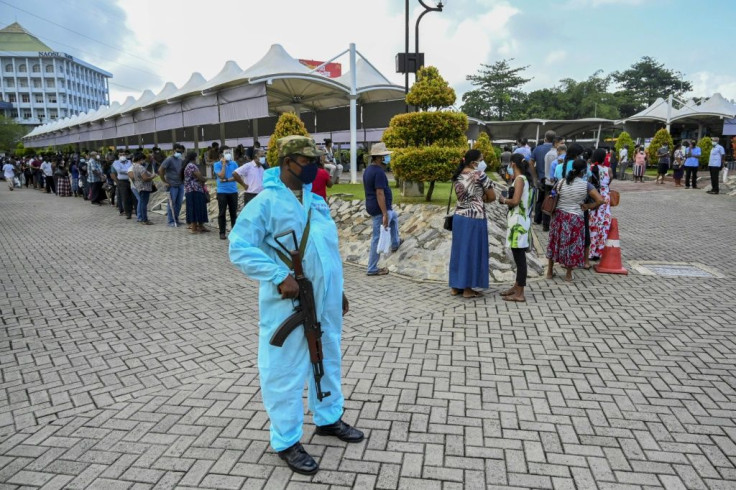
Elsewhere in Asia, Vietnam's Ho Chi Minh City went into a two-week lockdown, with residents now barred from gathering in groups larger than pairs in public, and people are only allowed to leave home to buy food, medicine and in case of emergencies.
Police have also set up checkpoints at city borders and only those with negative test results can get in.
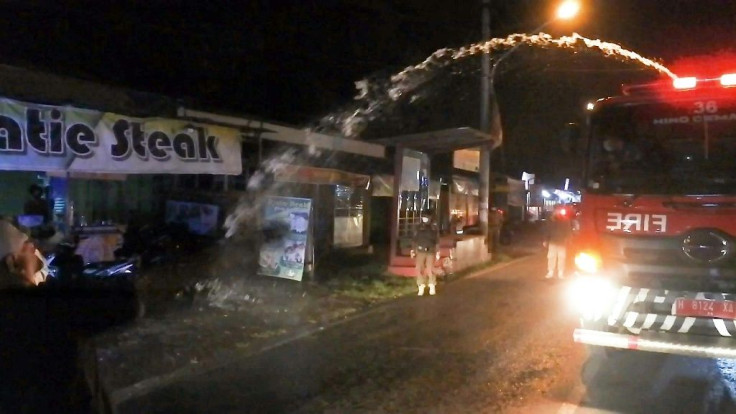
In Indonesia, desperately needed supplies of oxygen and protective equipment arrived from neighbouring Singapore.
Indonesia has become a global Covid-19 hotspot, with a fierce outbreak leaving hospitals struggling to cope -- many are now refusing new patients, leaving scores to die at home, while desperate relatives hunt for oxygen tanks to treat the sick.
With a population of 270 million, the country now has a recorded caseload of over 2.4 million -- but testing rates are low and experts believe the true figure is far higher.
In Europe, Delta was also threatening the return to normal life in a region desperate to restart the busy summer tourism season.
The variant was expected to be the main strain in France as soon as this weekend, even as vaccines rates tick upward.
But only 21 percent of people aged 18 to 29 have been fully vaccinated, sparking fears of a dangerous resurgence.
Nightclubs in the country were allowed to reopen on Friday, but only at 75 capacity with mask-wearing encouraged.
For some, even the pared back reopenings were a welcome move.
"It's a relief to be able to open, even though not fully back at 100 percent right away," said Martin Munier, manager of the Sacre club in central Paris, where he has teamed up with a neighbouring pharmacy to offer patrons Covid tests.
And in the UK, where Delta is raging especially among the unvaccinated, the government was set to announce in the next two weeks eased restrictions on travellers.
Britain is expected to allow fully vaccinated foreigners and British expatriates into the country, in line with an easing of restrictions that some critics have said is too much too fast.
Authorities in Australia's largest city Friday tightened a now three-week lockdown as new Covid-19 infections hit a record and authorities warned a Delta outbreak was spinning out of control.
"Do not leave your home unless you absolutely have to," state premier Gladys Berejiklian told Sydney's five million residents.
© Copyright AFP 2024. All rights reserved.











